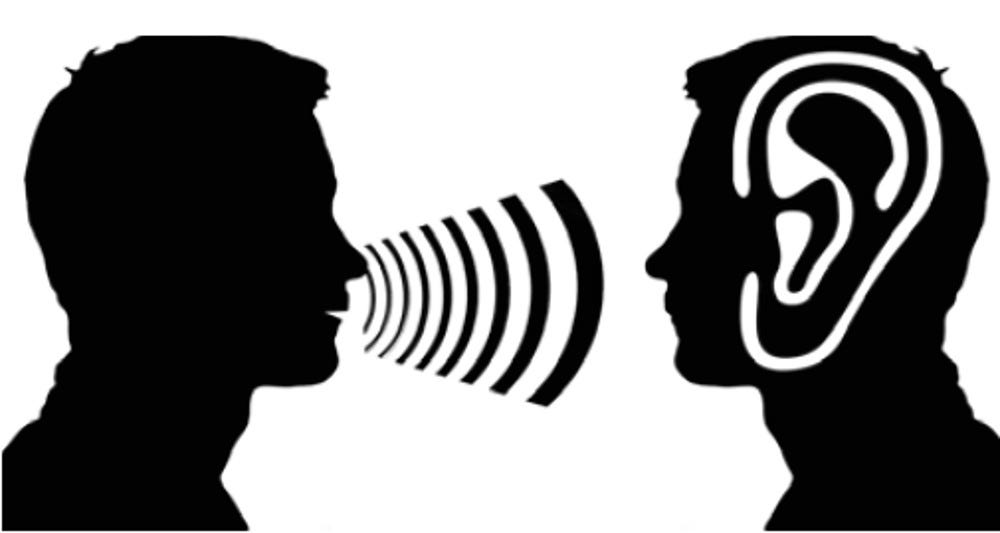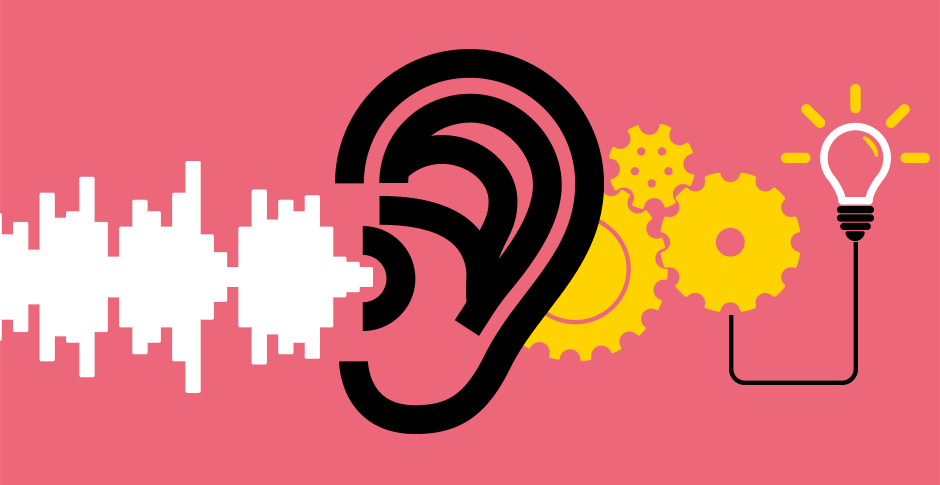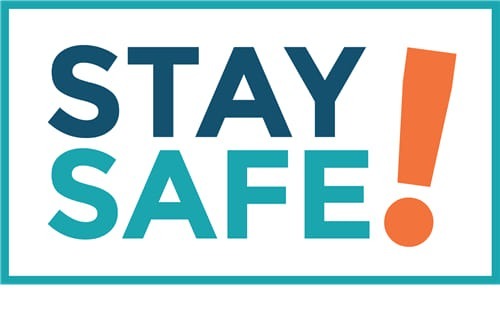Importance of Listening Skills
Listening is a soft skill that allows people to understand the information others convey to them and this soft skill is part of the communication skill set that includes speaking skills, also known as verbal communication, and interpersonal skills

1 Listening builds trust
When you make the effort to listen to someone, they recognize your interest. They can tell that you’re invested in what they’re saying. This makes them more comfortable sharing with you and being open. If you were only half-listening, not making eye contact, or glancing at your phone, the other person won’t want to waste their breath. They won’t trust you to respect their thoughts and feelings.
2 Listening helps eliminate conflict
Poor listening skills are at the root of a lot of conflicts. Besides sometimes causing misunderstandings, not listening well frustrates people engaged in important conversations. People want to feel respected, which is irrevocably tied to feeling heard. You don’t necessarily need to agree, but simply making the effort to hear another perspective keeps the situation calmer. When everyone feels calm and safe, it’s much easier to work through tense situations without things escalating to conflict.
3 Listening reduces misunderstandings
Misunderstandings are one of the most common effects of poor communication. When people aren’t listening to each other, it’s very easy to mishear something or misinterpret someone’s meaning. Many times, misunderstandings aren’t a big deal, but some can have major consequences. As an example, if someone isn’t listening when their friend explains they have a certain food allergy, serving them a dish with a dangerous ingredient could be life-threatening
4 Listening encourages empathy
Humans are naturally empathetic, but we all have biases and assumptions that come from our upbringing and experiences. When you talk to people who have different backgrounds and experiences, it can be tempting to lean on preconceived notions. Instead, you can commit to listening rather than assuming. When you hear right from a source, you’ll have a deeper understanding of their perspective, which is key to having empathy.
5 Listening helps deepen your friendships
Listening doesn’t only improve your romantic or business relationships; it deepens your friendships, too. If you’re feeling distant from your old friends or are struggling to connect with new ones, being a better listener could be a game-changer. The benefits of listening – greater trust, fewer misunderstandings, and more empathy – translate well to friendships. It’s worth the effort. Deeper friendships are linked to better physical and mental health!
6 Listening increases your productivity
Whether you’re at work or in school, listening is very important to your success. People who are good listeners are more likely to retain information, understand what’s being required of them, and ask the right questions. This is a valuable skill in group projects and meetings. Many people think they need to talk a lot to contribute, but listening is arguably more important. If everyone listens to each other, there are fewer misunderstandings. This saves everyone’s time.
7 Listening helps with learning new languages
When you’re learning a new language, you no doubt practice speaking a lot. Listening is just as important, but it’s often neglected. Why? Many people find it exhausting – and it is – but that’s because it’s exercising your brain. Considering that we spend around 40-50% of our time listening as opposed to talking or writing, hearing the language you want to learn is a big part of mastering it. Audiobooks, music, and movies are good resources.




There are no comments